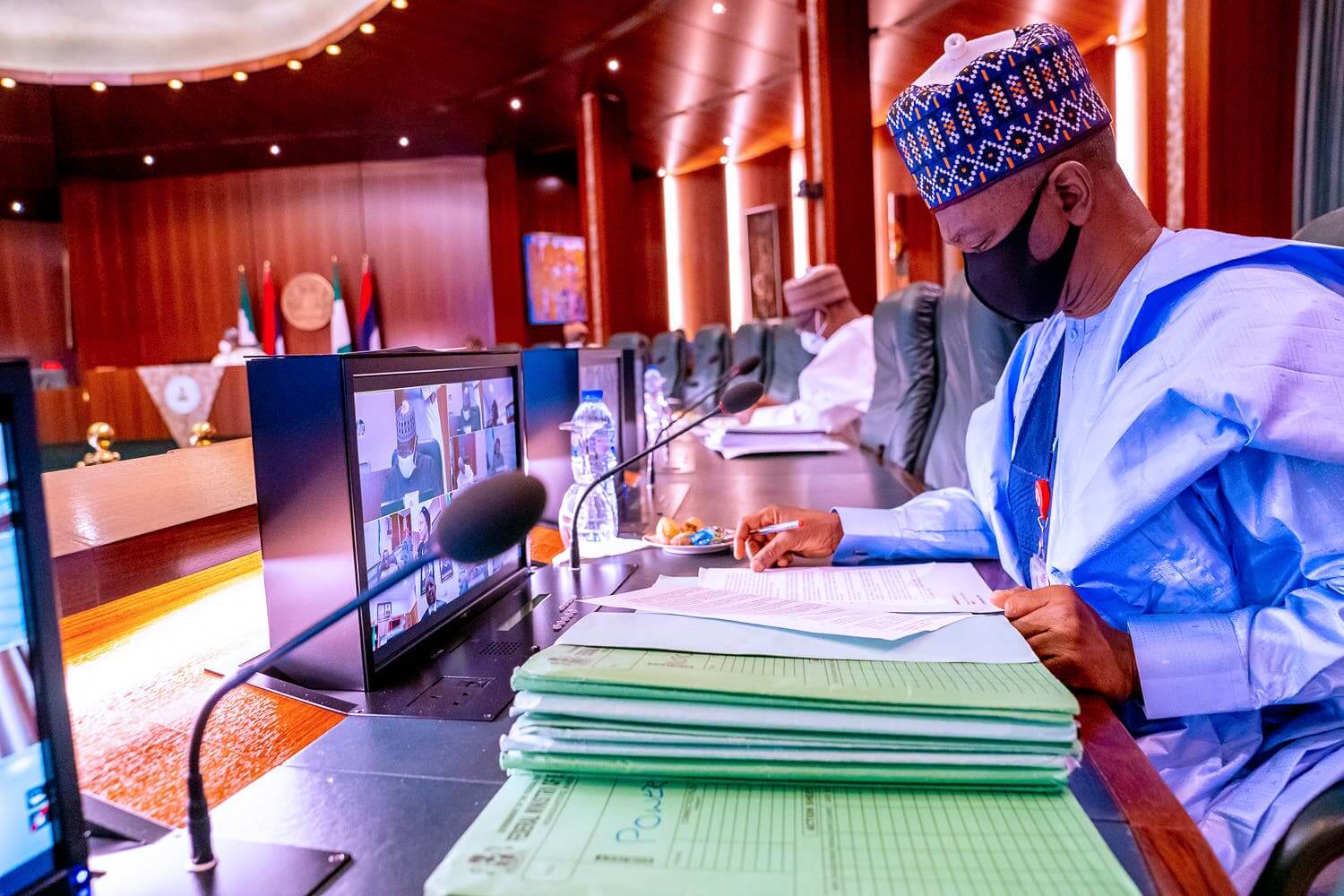
Nigerian Government Approves New Debt Management Strategy for Nigeria
The Federal government of Nigeria approved a new medium-term debt management strategy for Nigeria for the period of 2020-2023.
The Debt Management Office (DMO) confirmed this in a statement yesterday, saying the approval was made at the Federal Executive Council (FEC).
The medium-term debt management strategy is a policy document that provides a guide to the borrowing activities of the government in the medium-term, usually four years.
It is recognised as one of the best practices in public debt management and is recommended by the World Bank and International Monetary Fund (IMF) to ensure that public debt management is driven by a well-articulated strategy that is structured to meet a country’s broader macroeconomic and public debt management objectives.
The MTDS, 2020-2023 has been prepared by the DMO in collaboration with relevant stakeholders, including Federal Ministry of Finance, Budget and National Planning, Central Bank of Nigeria, Budget Office of the Federation, National Bureau of Statistics and Office of the Accountant-General of the Federation.
Nigeria has had two medium term debt management strategies (2012-2015 and 2016-2019) prior to the current Strategy.
The new strategy had to be re-worked to reflect the global and local economic impact of the COVID-19 pandemic and incorporates data from the revised 2020 Appropriation Act and the medium-term expenditure framework 2021-2023.
The new MTDS adequately reflects the current economic realities and the projected trends.
The preparation of the MTDS usually involves the consideration of alternative funding strategies available to the government as it seeks to meet its financing needs taking into consideration the cost of borrowing and the associated risks, while ensuring debt sustainability in the medium to long-term.
The 2016-2019 MTDS included some Debt Management Targets which were applied in the borrowing activities of the government during the period which led to the high success rates achieved.
Based on the current public debt stock, government’s borrowing needs in the medium-term (as stated in the 2021 Appropriation Act, MTEF, 2021- 2023) as well as future global trends, Nigeria’s 2020-2023 MTDS, can be summarised as follows: “Borrowing will be from domestic and external sources but a larger proportion of new borrowing will be from domestic sources using long-term instruments, while for external borrowing, concessional funding from multilateral and bilateral sources will be prioritised.”
The implementation of the medium-term debt management strategies, over the years, has helped in managing the structure of the growing public debt and ensured debt sustainability as well as effectiveness in public debt management.
With the approval of the Federal Executive Council of the MTDS, 2020-2023, the Strategy will be implemented to support economic development while ensuring that the Public Debt is sustainable.
Governor Buni Applauds FEC Over Approval Of N8bn For Dam Project.
Meanwhile, Yobe State governor and chairman, Caretaker Extraordinary Convention Planning Committee, of the All Progressives Congress (APC), Mai Mala Buni, and yesterday commended the Federal Executive Council (FEC) for approving N8billion for Dam project to boost water supply.
The governor said the project which was approved by the Federal Executive Council would tremendously contribute to solving water scarcity in Damaturu, the state capital.
Buni said the project would complement efforts of the state government in addressing water problems of the state capital and its environs.
A statement by his director-general, Press and Media Affairs, Mamman Mohammed, quoted Governor Buni as saying: “I want to specially appreciate President Muhammadu Buhari and the federal executive council for considering and approving the completion of this very important project that would touch the lives of our people.
“This is another dividend of democracy extended to Yobe State by the President Muhammadu administration. It is important to us because, Damaturu has over the years increased in size and population, and is in need of a corresponding water supply.
“The state government has continuously been making efforts to improve water supply across the state to meet the water needs of the people.”
The governor further said a committee on rehabilitation of water facilities was constituted with massive intervention which has improved water supply in all the major towns of the state.
He assured the cooperation of the state government and people of the state to ensure successful completion of the project.

